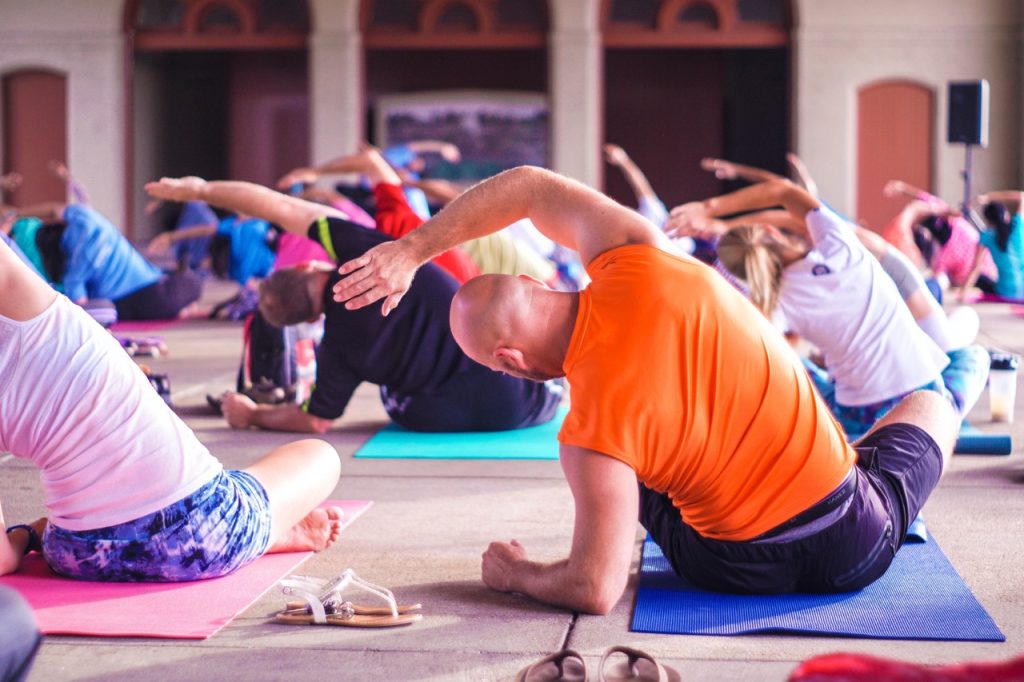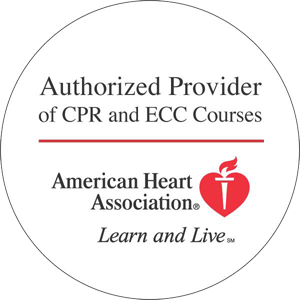Keeping your heart healthy is one of the best ways to live longer and become healthier overall. With direct knowledge in the medical field, our team at HeartCert CPR is here to advise you on how to increase heart health. Keep reading to learn how exercise benefits your health, what exercise type works best, and what exercises support your heart the most.

Why Does Exercise Increase Heart Health?
By exercising routinely, your heart will be in tip-top shape. But why does exercise help your heart? Here are the main benefits that you can experience by implementing a heart-healthy routine:
- Lower blood pressure
- Increase blood flow
- Reduce heart attack risk
- Minimize diabetes risk
- Boost blood circulation
- Encourage a healthy weight
- Prevent future heart problems
What Exercise Types Are Best for Heart Health?
The first thing that comes to mind is probably cardio. After all, the name literally translates to heart. But other types of exercises can help too. According to Johns Hopkins Medicine, to get comprehensive heart health benefits, there are three main exercise categories to hit:
Aerobics and Cardio
Aerobic exercise is the key to keeping your blood circulating and your heart healthy. Through aerobic exercise, blood pressure and heart rate lower, and your cardiac output can increase. Designed to strengthen your heart and lungs, you’ll be in a much healthier state by incorporating cardiovascular exercises.
Flexibility and Balance
Before thou doth protest too much, this isn’t directly associated with your heart, but it’s still equally as important as the cardio exercises. By increasing flexibility and balance through stretching, it helps your body keep up with more intense heart health exercises. Actively adding stretching to your daily routine ensures that injuries are kept at bay. With added stability and flexibility, you’ll become less likely to experience pulled muscles, cramps, joint pain, trips, and falls.
Strength and Resistance
Strength and resistance training is an essential part of your health. Implementing strength training two times a week helps tone your body so you’re less at risk for heart disease. Weight machines, resistance bands, push-ups, squats, and various body-resistant exercises can help raise good cholesterol and lower bad cholesterol.
Upping Your Step Count May Increase Your Lifespan
What 5 Exercises Are Best for Heart Health?
Now that you know the core categories to promote heart health, you might be wondering what the best exercises are that blend the different types. Here are five healthy ideas to check off your weekly exercise list to empower your heart:
1. Running
Before you run away from this page, you can also get similar benefits from brisk walks and hiking as well. While running is ideal to receive the most heart-healthy perks, walking comes in at a close second. Especially if there are terrain changes that are often associated with hiking. The more energy you put into the exercise, the more your heart rate elevates, and the more your body will reap the benefits.
2. Cycling
If running isn’t your thing and walking bores you to tears, we have another cardio option for you: cycling. Pull out that rusty, dirt-covered bike in the garage, and put it to good use. Otherwise, get your hands on a cycling machine or just pop a mini peddler under your desk during the day. The nice thing about this exercise is that while your legs may be exhausted, at least you won’t have to support your body once it gets tired.
3. Yoga
Yoga is arguably one of the best ways to stretch. But first, get those stereotypes out of your head. No, it’s not just for women. Nor is it full of woo-woo inspirational stuff—unless you choose to attend a specialized class for one. The art of yoga focuses on honing in on your inner self and relaxing to get the utmost stretch. Plus, there are strength yoga sessions you can try to get even more heart-healthy benefits from the exercise. All we’re going to say is that it’s harder than it looks, and don’t knock it until you try it.
4. Weightlifting
As we mentioned earlier, weight and resistance training is ideal for your heart because it simultaneously strengthens your heart and your body. By weightlifting a couple of times a week, you can keep your body—and heart—in peak shape. Plus, it doubles as a way to get rid of your gut and other fat-prone areas, which are other risk indicators for heart disease.
5. Swimming
If running, walking, or cycling isn’t your thing, then swimming is your next best bet. For anyone prone to leg injuries that arise with walking and running, swimming is ideal to avoid it. Since the exercise focuses on both arm and leg strength, it lessens pressure by dividing force between both areas of muscles. So, now’s the time to convince your spouse to get a pool installed in the backyard or maybe just sign up for swim memberships at your nearest community center.
Heart-Healthy Habits
Exercising regularly keeps your heart and body in its prime. If you would like emergency training or someone you know is high risk or prone to heart health problems, it might be helpful to take one of HeartCert’s online preventative courses to better prepare yourself for an emergency.
HeartCert CPR is your trusted training partner for CPR, ACLS, PALS, EMR, First Aid, CNA, IV and more, in Minnesota and throughout the United States.
HeartCert CPR courses include CPR/AED/First Aid and CPR/AED, Basic Life Support (BLS), Advanced Cardiac Life Support (ACLS), Pediatric Advanced Life Support (PALS), and Certified Nursing Assistant training. Courses and certifications from both the American Heart Association and American Red Cross are available.
We are now offering virtual CPR courses and certifications, as well as safe in-person courses at all locations and our headquarters, HeartCert CPR Eagan.








